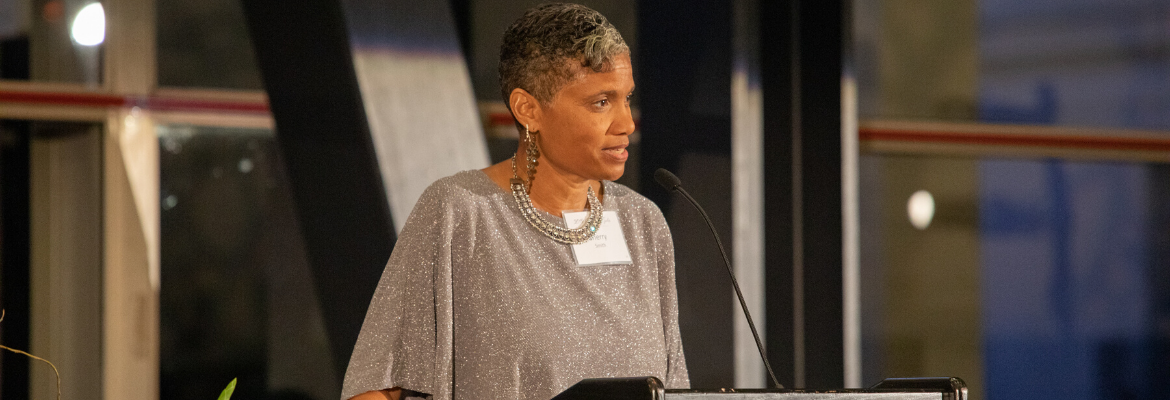A Message from our ED
We here at Berkeley Community Scholars are devastated.
While we have been working with our scholars for over thirteen years, and have felt the pangs of the injustices, inequities, and solemn realities for the students and families we serve, in times like this the pain feels deeper and even more relentless. There are no words that can take away the sorrow, the sadness, the anger, and the despair that we feel.
If we are to live up to our ideals, as a nation, a community, and as human beings, we must demand change. From health disparities and outcomes disproportionally attacking the bodies of African Americans, to ghastly images and realities of more and more Black people losing their lives at the hands of and by the choices made by the police, to our reliance on low wage workers (largely people who are not of European descent) who are putting their lives on the line during this pandemic – we are crying more than ever in my lifetime: “Is the change ever going to come?” A change must come now.
Change requires leadership. But who are our leaders? Where do we go for answers, refuge, and stability? What all of us must recognize and constantly remind ourselves is that we have treated our fellow humans differently depending on their skin color, ethnicity, ancestors, neighborhoods, zip codes, education, wealth, size, who we love or don’t love, what we say and don’t say, who we pray to and whether we pray or not. And we want to control how people act when they continue to be treated in such a manner. While we want to say there is a right way to protest, cry for help, or have rage, depending on what side you are on, the cries and rage and sorrow show up differently.
When you have been treated poorly for so long — personally, collectively, and systemically — eventually you break, and we all break differently. Some feel self-hate and self-doubt. Some feel the need for immediate revenge and passionate anger. Some want to meditate, find solace, find silence, and peacefully resist. Is there one right approach to get the message across to those who are treating you unfairly, unjustly, and with reckless abandonment of your life?
When you are fighting for your life (your health, your home, your food, your children, your parents, your lifestyle), what will you do? Who should be the judge of that pain and grief, and question why we do what we do? While people may not be doing what’s in their best interest (destroying the community that helps you get what you need, provides you with work, and supports your daily needs and habits), we all wonder: Who gets hurt the most? While we crave and need material items and want to reclaim our pieces of the pie from the large and small corporations and organizations that uphold the centuries of abuse, injustice, racism, sexism, ageism, classism, we often confuse our immediate destruction with instant gratification.
I said to a colleague just the other day, when you are a member of a disenfranchised population, you can have the mindset of, “What do I have to lose? I could die now or later in the hands of others who think less of me or in the systems that see me as the other or invisible and not worthy of effort, support, or kindness.” Among those we don’t see are people who could hold the key to curing COVID-19, cancer, or childhood diabetes, who could make machines and engines that help the planet thrive rather than choke the land of the natural elements that allow life to grow. Our scholars’ generation will be the planners of our next urban renewal project that will uplift cities rather than continue to cement inequities. Those who live in our rural communities will recognize and embrace that our soil and lush flora and fauna feed and care for the human body and soul. They are our future leaders. Without them, deep divisions and despair will go on.
We know that the best decisions get made when diverse groups of people are included. Having different perspectives at the table creates stronger and effective results. Here at BCS, we begin with seeing our scholars – not just telling them they matter but showing them that they matter to us, the community, and the greater society. Our scholars represent young adults from ethnicities, cultures, countries, lifestyles, and religions that make the great city of Berkeley what it is today. We see hope for the future and we know that they are truly who we all have been waiting for. They have persevered through the treacherous waves that our society has created – they swam without knowing how to swim, they rode without knowing how to pedal, they walked when they had no shoes, they smiled when all they had around them was destruction, terror, and filth. We know that we do not have the answers, but we know a wonderful group of people who do: our SCHOLARS. They will lead and guide and care for each other, our community, and the planet.
Let us do what we can to be the hands, legs, shoulders, and walk alongside them as they build their skills, allowing them to grow to their full potential, for they hold the keys to our future. We must have wisdom and patience to keep our scholars in our care so that they can rebuild and refortify our world. Together we can make all the difference.
I am in. Are you?

Sherry Smith
Executive Director

